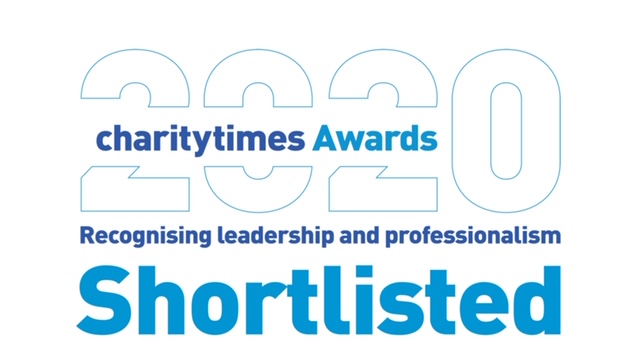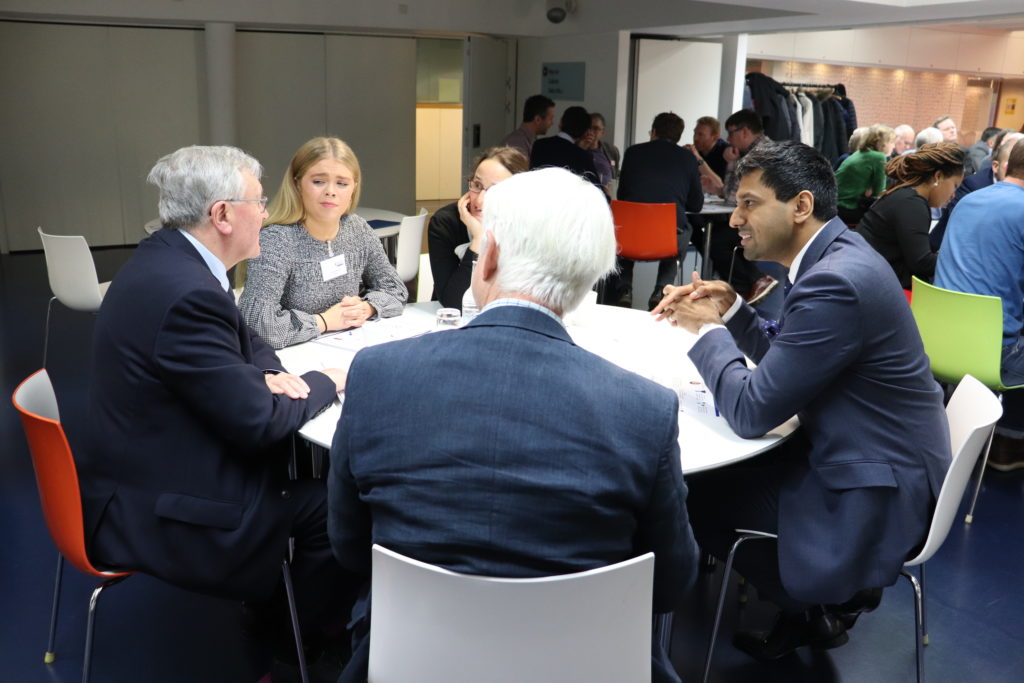FAQs
I have never studied science, so I’m worried I won’t be able to understand the research.
You don’t need any special knowledge to take part in any of our patient voice activities. Everything will be explained in straightforward, everyday language, and if something is still unclear, it is our job to make it understandable. Our Research and Communications team will be present at all meeting to answer any questions you have on the day. You’ll also be sent project summaries in advance along with the contact details of PCRC staff who will be more than happy to answer any questions ahead of time.
I don’t feel qualified to make decisions about what research the charity should fund.
There are a number of things we consider when we are selecting what we fund next, including the scientific quality, how relevant the research is to patients, and how important and innovative the research question is. Our patient panels are invaluable in helping us to assess how relevant a research proposal is to people affected by prostate cancer. We have a rigorous process in place to evaluate the quality of the science. Our Scientific Advisory Committee and Board of Trustees consider both when they make their final decision.
Will it cost me anything to attend?
No. There is no charge to attend any of our patient voice events and you will not be asked to make a donation in order to do so, or at the event. We want our meetings to be accessible to everybody, regardless of their background or situation, so we can reimburse travel expenses and catering will be provided.
I would like to take part, but am worried about travelling, or I can’t travel very far. Is there a travel-free option?
We like to offer in-person meetings as we believe this offers a more positive experience and facilitates better discussion. We are planning to have more meetings around the country so that people can attend without having to travel all the way to London. However, we realise that some people may not be able to travel, so there will be the possibility to send notes in, which will be read and discussed on your behalf at the meeting, or to attend via a free videolink or phone call. During lockdown, we have had virtual live Q&A sessions between our supporters and our researchers, which worked extremely well, and we can use the same approach for these meetings.
Can I be anonymous?
Any feedback given to the scientists is anonymised, from both patient panellists and peer reviewers, and we will not share photographs or names of our patient panellists without their consent. Anything said within a patient panel meeting will be respected as confidential. If you would prefer to be completely anonymous, you can choose to review projects and send notes in in advance, which will be anonymised before they are read on your behalf at the meeting.
What about COVID-19?
We will never put you at risk. We cancelled some of our major events before lockdown was in place in the spring, as our first priority was and remains the safety of the general public. We know, also, that if prostate cancer has touched your life, you will be especially worried about COVID-19. We are monitoring COVID-19 on an ongoing basis and will hold entirely virtual rather than in-person meetings if it is unsafe to meet in person. During lockdown, we have had virtual live Q&A sessions between our supporters and our researchers, which worked extremely well, and we can use the same approach for these meetings.
I don’t have prostate cancer but my partner/parent does. Can I get involved?
Absolutely. We welcome the perspectives of both those who have been diagnosed with prostate cancer and those who are close to someone with prostate cancer.
I have been affected by prostate cancer and want to get involved with the charity, but I’m not sure that any of these options are for me.
We will continue to consider other ways that we can work with people affected by prostate cancer. If you would like to be kept up to date with future patient voice activities, or have any suggestions for us, please feel free to email [email protected].


